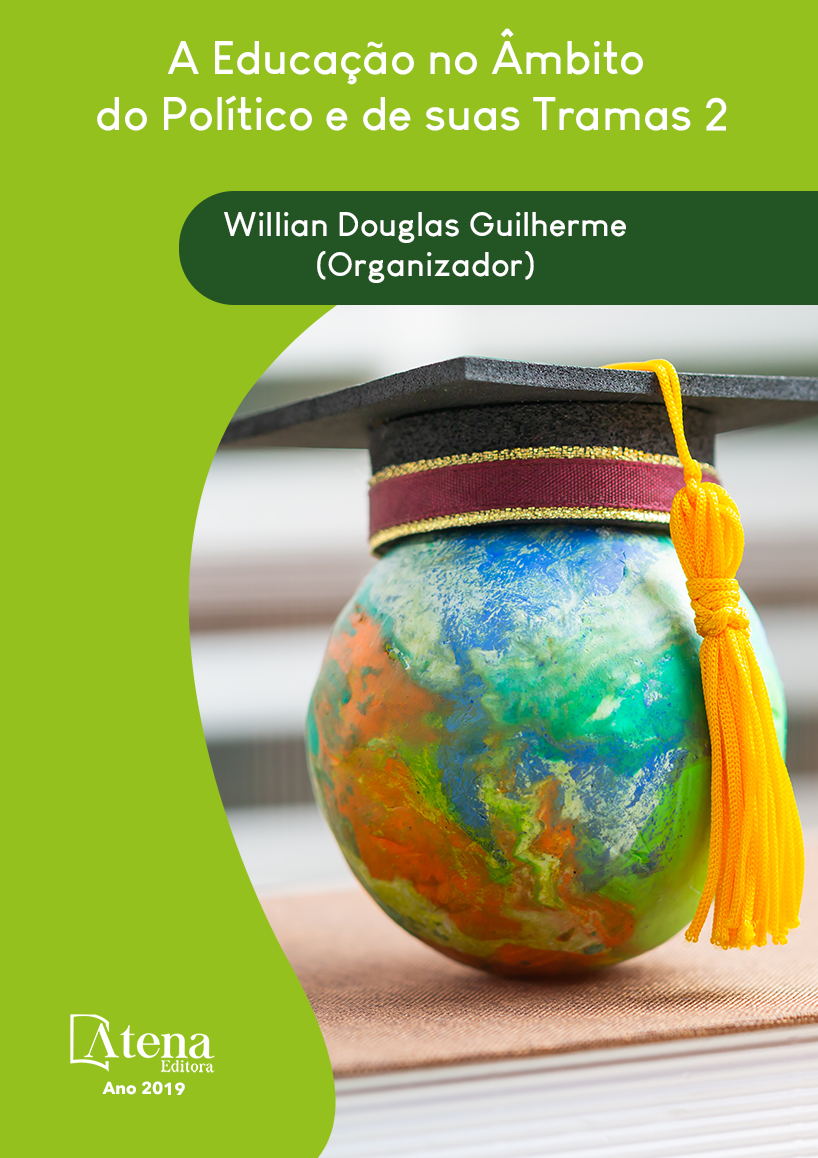
O BEIJU COMO FONTE DE SEGURANÇA ALIMENTAR E FORTALECIMENTO DA CULTURA
Este trabalho é resultado de atividade reflexiva desenvolvida na disciplina de Educação Etnomatemática: diversidade cultural e práticas pedagógicas. Nessa pesquisa objetivou-se identificar e registrar a origem do beiju de massa de mandioca praticada na família, por meio dos saberes relatados pela matriarca, de origem indígena do povo Tremembé do estado do Ceará, moradora de um assentamento na cidade de Cuiabá-MT. Consideramos a Etnomatemática fundamental para orientar nossa reflexão, com foco nas diversidades culturais, nas especificidades sociais e ambientais. A pesquisa foi realizada nos meses de abril, maio e junho do ano de 2017. Os dados foram os relatos gravados em áudio e fotografias do processo in loco, que nos revela a experiência da vida cotidiana de como essa família conserva o modo de fazer o beiju de massa de mandioca, na rotina da família, indica que a atividade de fazer o beiju de massa de mandioca é um ato que favorece o fortalecimento dos vínculos familiares, contribui com a nutrição, além de colaborar com a revitalização das tradições indígenas e manutenção de alimentação mais saudável. O qual vem passando conhecimento e aprendizado através de gerações.
O BEIJU COMO FONTE DE SEGURANÇA ALIMENTAR E FORTALECIMENTO DA CULTURA
-
Palavras-chave: Mandioca. Etnomatematica. Cultura. Beiju. Segurança Alimentar.
-
Keywords: Cassava. Ethnomathematically. Culture. Beiju. Food security
-
Abstract:
This work is a result of reflexive activity developed in the discipline of Ethnomathematics education: cultural diversity and pedagogical practices. This study aimed to identify and record the origin of cassava mass beiju practiced in the family, through the knowledge reported by the matriarch, of indigenous origin of the Tremembé people of the state of Ceará, a resident of a settlement in the city of Cuiabá-MT. We consider the Ethnomathematics fundamental to guide our reflection, focusing on cultural diversity, social and environmental specificities. The research was conducted in April, May and June of the year 2017. The data were recorded in audio and photographs of the in loco process, which reveals the experience of the daily life of how this family conserves the way to make the cassava mass beiju, in the family routine, indicates that the activity of making the beiju of mass of cassava is an act that favors the strengthening of family bonds, contributes to nutrition, besides collaborating with the revitalization of indigenous traditions and maintenance of healthier food. Which has been passing knowledge and learning through generations.
-
Número de páginas: 14
- Valdineia Ferrreira dos Santos Piasson
- Neuza França da Silva


